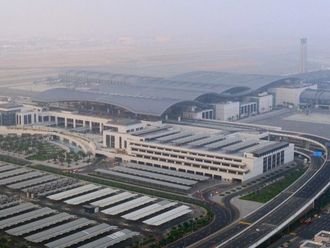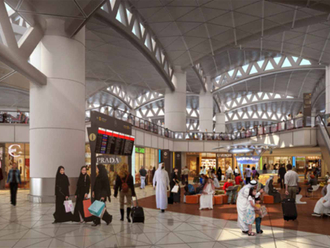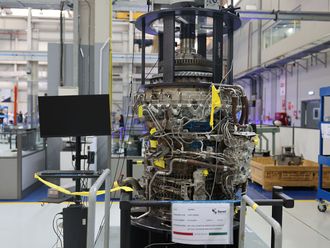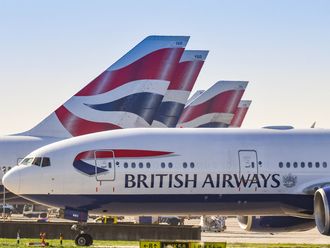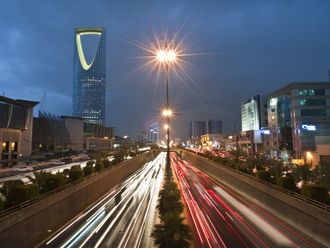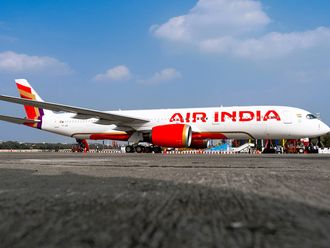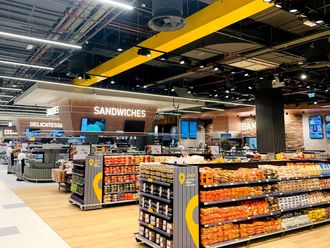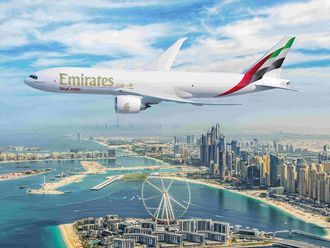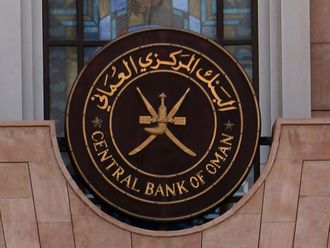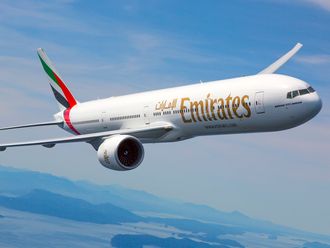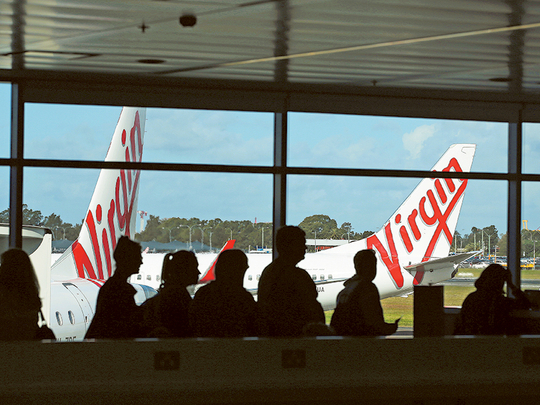
Sydney: Billionaire Chen Feng’s HNA Group is purchasing a stake in Virgin Australia Holdings Ltd. as the conglomerate adds to its more than $91 billion (Dh334 billion) of assets worldwide.
The owner of Hainan Airlines Co. will buy 13 per cent of Virgin Australia for A$159 million ($114 million) and plans to raise that stake to about 20 per cent over time, the Australian carrier said Tuesday. Brisbane-based Virgin Australia already counts Air New Zealand Ltd., Singapore Airlines Ltd. and Etihad Airways PJSC as major shareholders.
Virgin Australia, with net debt of A$2.1 billion, has been reviewing its capital requirements and shares in the airline jumped in Sydney as it announced the fresh funds from HNA. The Chinese group’s toehold in Virgin Australia continues a multibillion dollar spree that has scooped up everything from airlines to hotels and supermarkets.
In an alliance with HNA, Virgin Australia plans to start direct flights to and from China next year and fly some of those visitors on its network at home. Qantas Airways Ltd. currently dominates that market. Last year, more than 1 million Chinese travellers visited Australia and by 2020, the number will climb to 1.5 million, Virgin said.
Changing dynamics
“We carry almost no traffic from China on our domestic network,” Chief Executive Officer John Borghetti said on a call with reporters Tuesday. “This will change the dynamics. The way that China is growing, direct services in and out of China are very important.”
Virgin Australia stock rose as much as 7.1 per cent to 30 Australian cents, matching HNA’s purchase price for its new shares. That’s still 46 per cent lower than the price in April last year.
Two decades ago, HNA founder Chen walked the aisle of his start-up Hainan Airlines’s single aeroplane serving refreshments. Last month, his conglomerate agreed to buy Swiss airline-catering company Gategroup Holding AG for about $1.4 billion. And yesterday, Air France said it’s in talks to sell half of its catering unit Servair to HNA.
To read about Chen’s deal juggernaut, click here.
HNA said in a statement Tuesday it will appoint one person to Virgin Australia’s board. The group will support the outcomes of Virgin Australia’s capital review, the Australian airline said in its statement.
Not enough money
That assessment won’t be completed “for a little while,” Borghetti said. Morgan Stanley previously estimated Virgin Australia needs a further A$700 million in financing, while Citigroup Inc. has said the requirement might be as high as A$853 million.
“It’s hard to say whether this is a big enough capital injection to change their fortunes,” said Daniel Mueller, an analyst at Forager Funds Management Pty in Sydney.
The deal with HNA, which needs Australian competition and Chinese regulatory approvals, also complicates a potential shake-up among Virgin Australia’s largest investors after Air New Zealand in March said it may sell its 26 per cent stake.
In the dark
That stoked speculation that Singapore Air would snap up the stake. Billionaire Richard Branson, whose Virgin Group owns around 10 per cent of Virgin Australia, said last week that Air New Zealand’s holding had attracted several potential buyers.
Singapore Air supported the HNA deal, while Air New Zealand wasn’t consulted because it no longer has a seat on Virgin Australia’s board, Borghetti said in the interview. Representatives for Air New Zealand and Singapore Air declined to comment on the deal.
Major shareholders will see their shareholdings diluted. Air New Zealand’s stake will fall to 22.5 per cent from 25.9 per cent; Singapore Air’s will decline to 20.1 per cent from 23.1 per cent; and Etihad’s will decrease to 21.8 per cent from 25.1 per cent, a Virgin spokeswoman said. Virgin Group goes to 8.7 per cent from 10 per cent.


